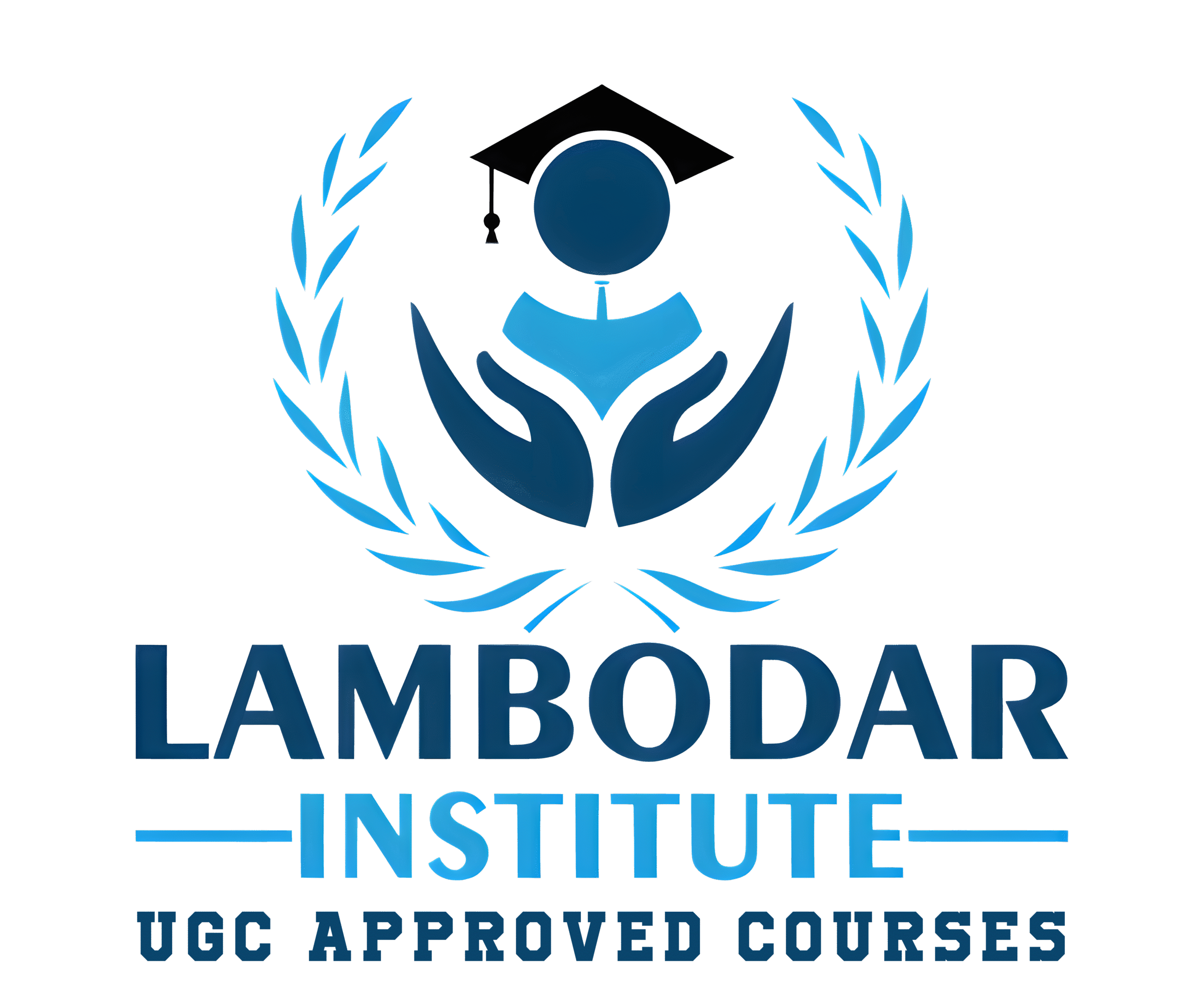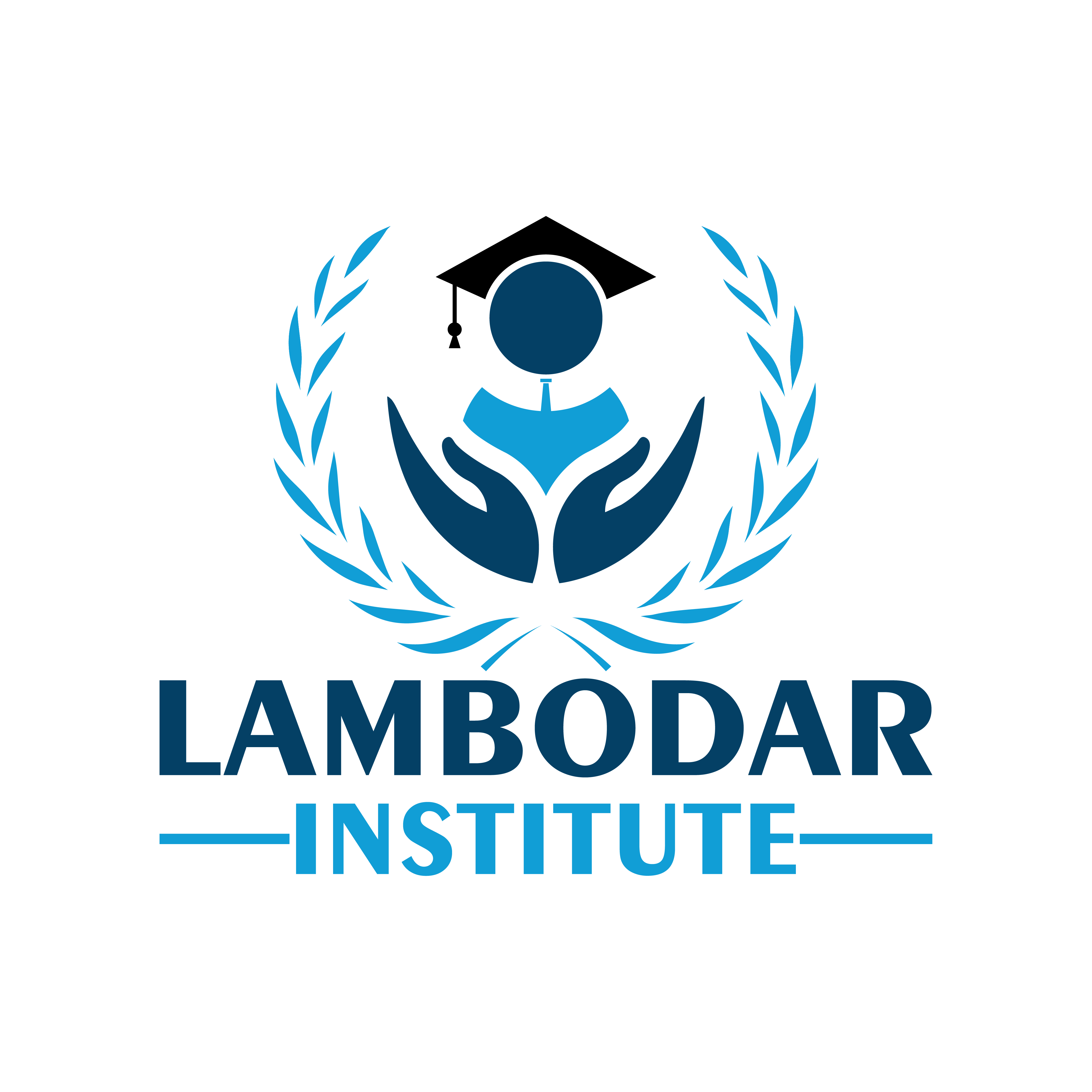The Community Medical Services & Essential Drugs (CMSED) program at Lambodar Institute is a specialized diploma designed to equip students with the knowledge and skills necessary to provide basic medical services and administer essential drugs in community settings. This course is particularly aimed at individuals who aspire to contribute to primary healthcare in rural and underserved areas where access to healthcare professionals may be limited. CMSED graduates can play a vital role in addressing common health concerns, administering first aid, and promoting preventive healthcare at the grassroots level.
The CMSED program at Lambodar Institute focuses on training students in basic medical care, the use of essential drugs, and the management of primary healthcare services. It offers a comprehensive curriculum that blends medical theory with practical skills to ensure that students are well-prepared to work in a community healthcare setting. The program emphasizes ethical medical practices, patient care, and community health education, empowering graduates to make a real impact on public health.
Course Content
1. Introduction to Community Healthcare:
Students are introduced to the role of community healthcare workers, focusing on primary healthcare, disease prevention, and promoting healthy living in rural communities. This module also covers public health policies and the structure of community health systems.
2. First Aid and Emergency Care:
This module covers the basics of first aid, emergency response, and lifesaving techniques. Students learn how to manage common injuries, wounds, and other medical emergencies in community settings.
3. Pharmacology and Essential Drugs:
Students are trained in the use of essential drugs for treating common diseases and infections. This module covers drug classifications, dosage, administration techniques, and the safe handling and storage of medicines.
4. Common Communicable and Non-Communicable Diseases:
This section focuses on identifying and managing common communicable diseases such as malaria, tuberculosis, and respiratory infections, as well as non-communicable diseases like diabetes and hypertension. Students learn preventive measures and treatment protocols.
5. Maternal and Child Health:
Students gain knowledge in maternal and child healthcare, including prenatal and postnatal care, immunization, and nutritional guidance. The module also emphasizes the importance of family planning and reproductive health education.
6. Nutrition and Public Health:
This module covers the role of nutrition in health promotion and disease prevention. Students learn about the dietary needs of different age groups and how to provide nutrition counseling to the community.
7. Community Health Education and Communication:
Effective communication is essential in community healthcare. This module focuses on teaching students how to educate communities on health issues, hygiene, and preventive healthcare measures through outreach programs.
8. Primary Healthcare Management:
Students are introduced to managing healthcare services at the community level, including maintaining medical records, managing supplies, and working with local health authorities to ensure efficient delivery of services.
9. Practical Training and Internship:
The CMSED program includes hands-on training in healthcare centers or community clinics. Students apply their knowledge in real-world scenarios, gaining practical experience in providing basic medical services and managing healthcare programs.
Graduates of the CMSED program at Lambodar Institute are well-prepared to deliver essential medical services in rural areas, improving healthcare accessibility and promoting the well-being of the community.
D.VOC (Diploma in Vocation) Courses
Courses Available (With Duration and Fees):
| Course Name | Duration | Annual Fees | Total Fees |
|---|---|---|---|
| Medical Lab Technician (DMLT) | 2 Years | ₹40,000 | ₹80,000 |
| Operation Theatre Technician (OTT) | 2 Years | ₹40,000 | ₹80,000 |
| Radiology Technology | 2 Years | ₹40,000 | ₹80,000 |
| Dialysis Technician | 2 Years | ₹40,000 | ₹80,000 |
| General Duty Assistant (GDA) | 1 Year | ₹40,000 | ₹40,000 |
B.VOC (Bachelor of Vocation) Courses
| Course Name | Duration | Annual Fees | Total Fees |
|---|---|---|---|
| Medical Lab Technology (MLT) | 3 Years | ₹50,000 | ₹1,50,000 |
| Radiology & Imaging Technology | 3 Years | ₹50,000 | ₹1,50,000 |
| Operation Theatre Technology | 3 Years | ₹50,000 | ₹1,50,000 |
| Dialysis Technology | 3 Years | ₹50,000 | ₹1,50,000 |
| Nutrition & Dietetics | 3 Years | ₹30,000 | ₹1,00,000 |
| Optometry | 3 Years | ₹65,000 | ₹1,65,000 |
M.VOC (Master of Vocation) Courses
| Course Name | Duration | Annual Fees | Total Fees |
|---|---|---|---|
| Medical Lab Technician (MLT) | 2 Years | ₹45,000 | ₹90,000 |
| Radiology & Imaging Technology | 2 Years | ₹45,000 | ₹90,000 |
| Operation Theatre Technology | 2 Years | ₹45,000 | ₹90,000 |
| Dialysis Technology | 2 Years | ₹40,000 | ₹80,000 |
| Healthcare Management | 2 Years | ₹30,000 | ₹65,000 |
Additional Charges (If Applicable)
| Particulars | Charges |
|---|---|
| Registration Fee (One-time) | ₹1,000 – ₹3,000 |
| Examination Fee (Annual) | ₹1,500 – ₹3,000 |
| Uniform / Lab Coat | ₹1,000 – ₹2,000 |
| Study Materials & Books | ₹2,000 – ₹4,000 |
| Hospital Visits | ₹3,000 – ₹5,000 |
D.VOC (Diploma in Vocation) Courses
Courses Available (With Duration and Fees):
| Course Name | Duration | Annual Fees | Total Fees |
|---|---|---|---|
| Medical Lab Technician (DMLT) | 2 Years | ₹40,000 | ₹80,000 |
| Operation Theatre Technician (OTT) | 2 Years | ₹40,000 | ₹80,000 |
| Radiology Technology | 2 Years | ₹40,000 | ₹80,000 |
| Dialysis Technician | 2 Years | ₹40,000 | ₹80,000 |
| General Duty Assistant (GDA) | 1 Year | ₹40,000 | ₹40,000 |
B.VOC (Bachelor of Vocation) Courses
| Course Name | Duration | Annual Fees | Total Fees |
|---|---|---|---|
| Medical Lab Technology (MLT) | 3 Years | ₹50,000 | ₹1,50,000 |
| Radiology & Imaging Technology | 3 Years | ₹50,000 | ₹1,50,000 |
| Operation Theatre Technology | 3 Years | ₹50,000 | ₹1,50,000 |
| Dialysis Technology | 3 Years | ₹50,000 | ₹1,50,000 |
| Nutrition & Dietetics | 3 Years | ₹30,000 | ₹1,00,000 |
| Optometry | 3 Years | ₹65,000 | ₹1,65,000 |
M.VOC (Master of Vocation) Courses
| Course Name | Duration | Annual Fees | Total Fees |
|---|---|---|---|
| Medical Lab Technician (MLT) | 2 Years | ₹45,000 | ₹90,000 |
| Radiology & Imaging Technology | 2 Years | ₹45,000 | ₹90,000 |
| Operation Theatre Technology | 2 Years | ₹45,000 | ₹90,000 |
| Dialysis Technology | 2 Years | ₹40,000 | ₹80,000 |
| Healthcare Management | 2 Years | ₹30,000 | ₹65,000 |
Additional Charges (If Applicable)
| Particulars | Charges |
|---|---|
| Registration Fee (One-time) | ₹1,000 – ₹3,000 |
| Examination Fee (Annual) | ₹1,500 – ₹3,000 |
| Uniform / Lab Coat | ₹1,000 – ₹2,000 |
| Study Materials & Books | ₹2,000 – ₹4,000 |
| Hospital Visits | ₹3,000 – ₹5,000 |




